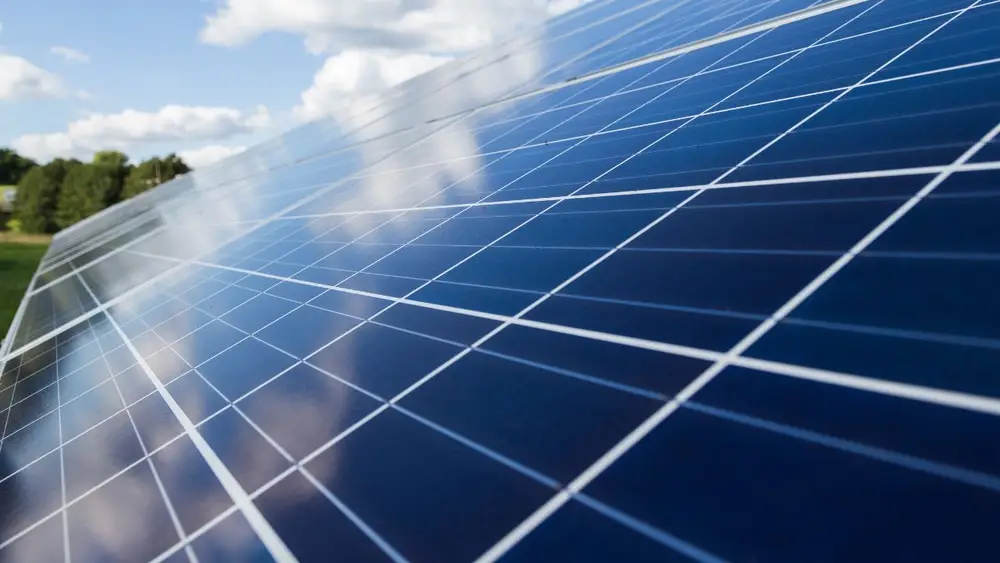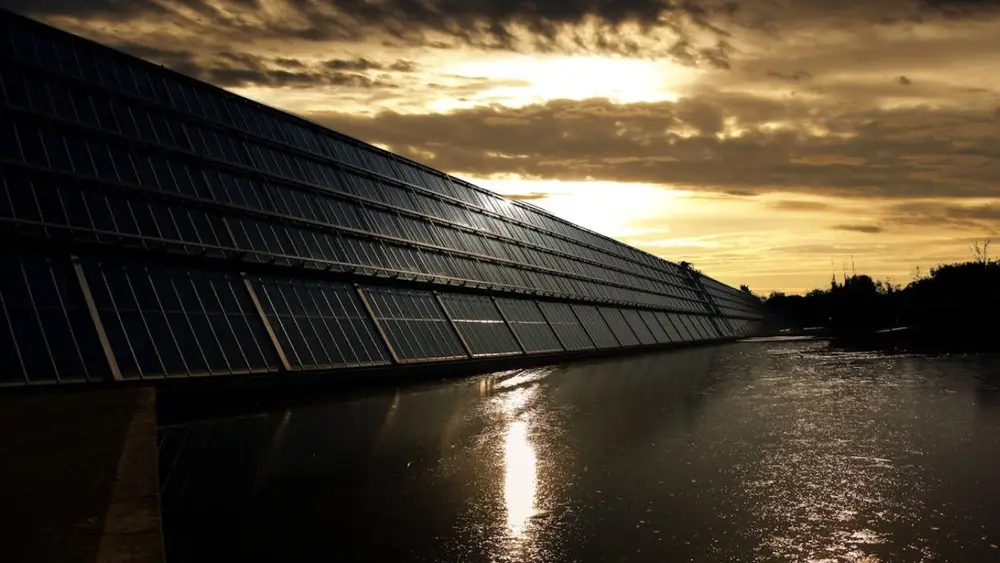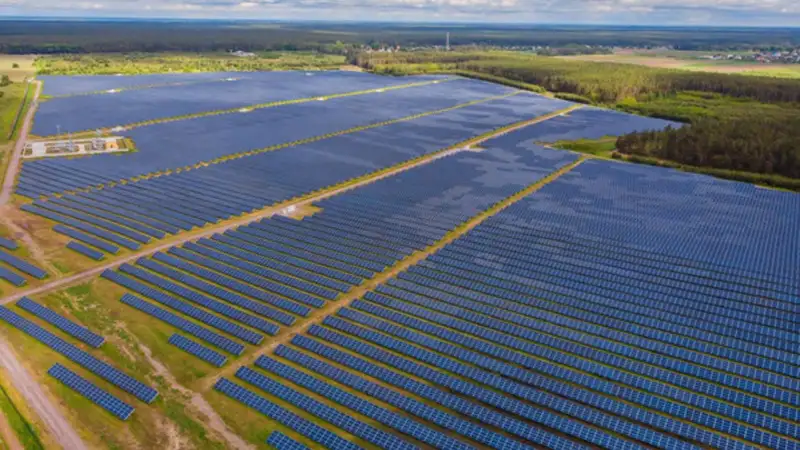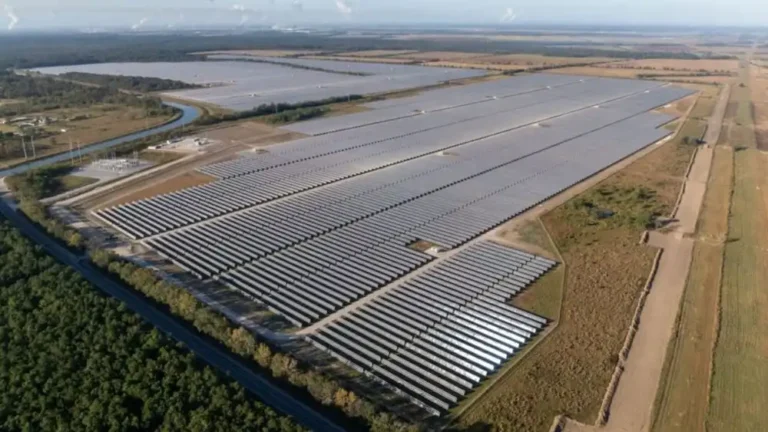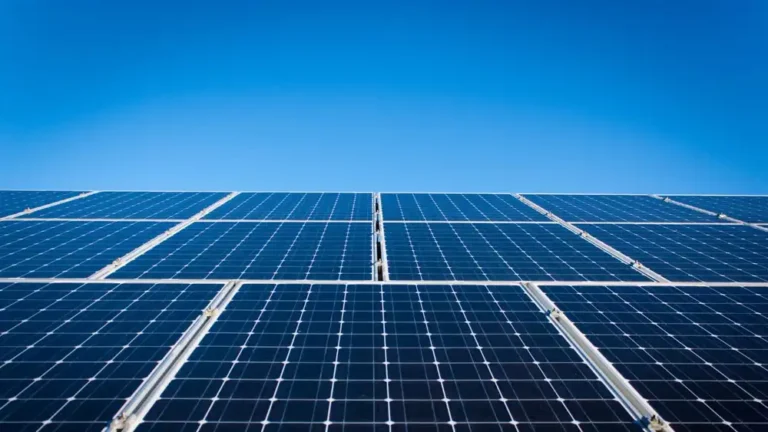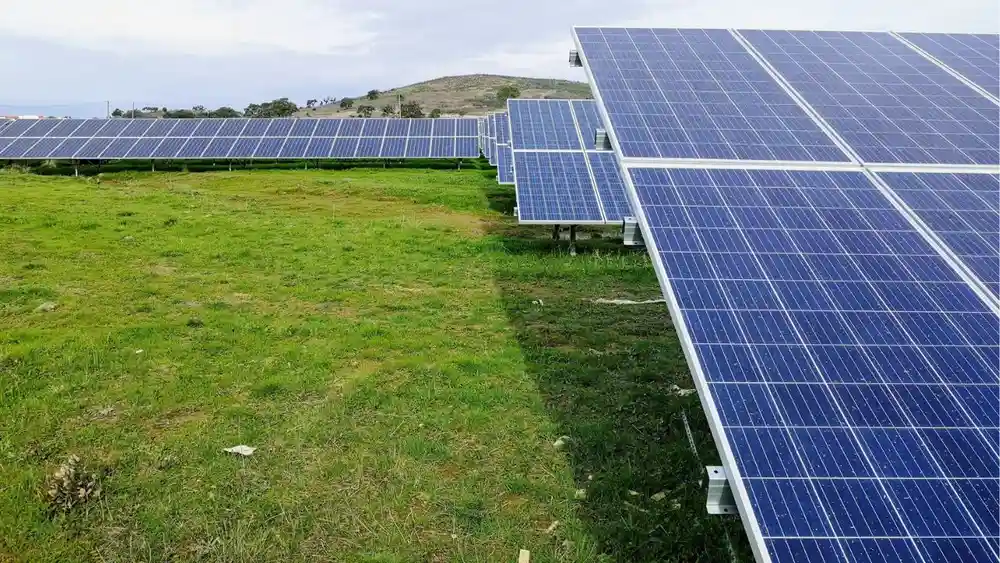
- Decree 135/2024/ND-CP caps oversupply sales of solar power to the national grid.
- The decree shall enter into effect on October 22, after which buyers will have to purchase, at most, 20 percent of installed capacity.
- Systems and unconnected consumers who are modest in size may be exempt from licensing.
- Industry observers said boundaries could limit the growth of renewable energy.
The government of Vietnam has set new caps regarding how much excess solar energy can be sold back to the national grid. This was done in compliance with Decree 135/2024/ND-CP, effective on October 22, 2024. The purpose of this is to further encourage increased use of renewable energy sources by all sectors – whether in residential, office buildings, and industrial zones.
Also read: Renewable PPA Prices Continue to Rise Through 2030, Analysts Warn
The regulations now state that any solar system that is installed with a capacity of 1MW or more is permitted to feed the surplus electricity back to the grid, but sales are limited to only 20% of its total capacity. Additionally, such systems are also required to acquire an operational license in order to participate in the program.
Interestingly, entities that are not connected to the national power grid and use anti-backflow equipment use or have rooftop systems less than 100 kilowatts do not have a need for licensing.
The cynics notwithstanding, there are some players in the solar industry who express their reservations against the licensing terms outlining the sale of surplus energy. These include Phu Nguyen, Asia Pacific conference manager at Terrapin. “Decree 135 is a very encouraging step forward toward independent green energy production. But the license threshold of 1 MW could be a challenge for some developers,” he said.
Miguel Angel Ferrer, chief investment officer for VIoT Group, also raised the concern that the new cap imposed on the surplus energy sales would deter businesses from taking bigger rooftop solar solutions. “For industrial and commercial sectors, major drivers for expanding renewable energy industries, the 20% limit may restrain their expansion, making them resort to other markets or completely avoid investment,” he added.
Also read: New Solar Cell Promises 60% Energy Efficiency Breakthrough
The updated cap should be reconsidered in the next policy revisions, Ferrer said. “To be competitive with regional players and to attract larger renewable investments, there should be more room for flexibility in export limits and clearer pricing mechanisms. The current approach to pricing, while ensuring stability in markets, could stifle the development of larger solar projects, which are really integral to Vietnam’s overall renewable energy goals,” he added.
Bottom line, Decree 135 institutes crucial new rules on the trade of solar energy in Vietnam. It aims at developing the country’s use of renewable resources. Meanwhile, aspects of the regulation over the sale of excess energy have thrown warnings from industry insiders whose recommendations may, through subsequent amendments in policy, lead to an efficient and rapidly developing solar market.
Therefore, by moving with a balanced approach regarding regulation in comparison with the requirements of commercial and industrial consumers, Vietnam will succeed to find healthy growth in this renewable energy sector.

